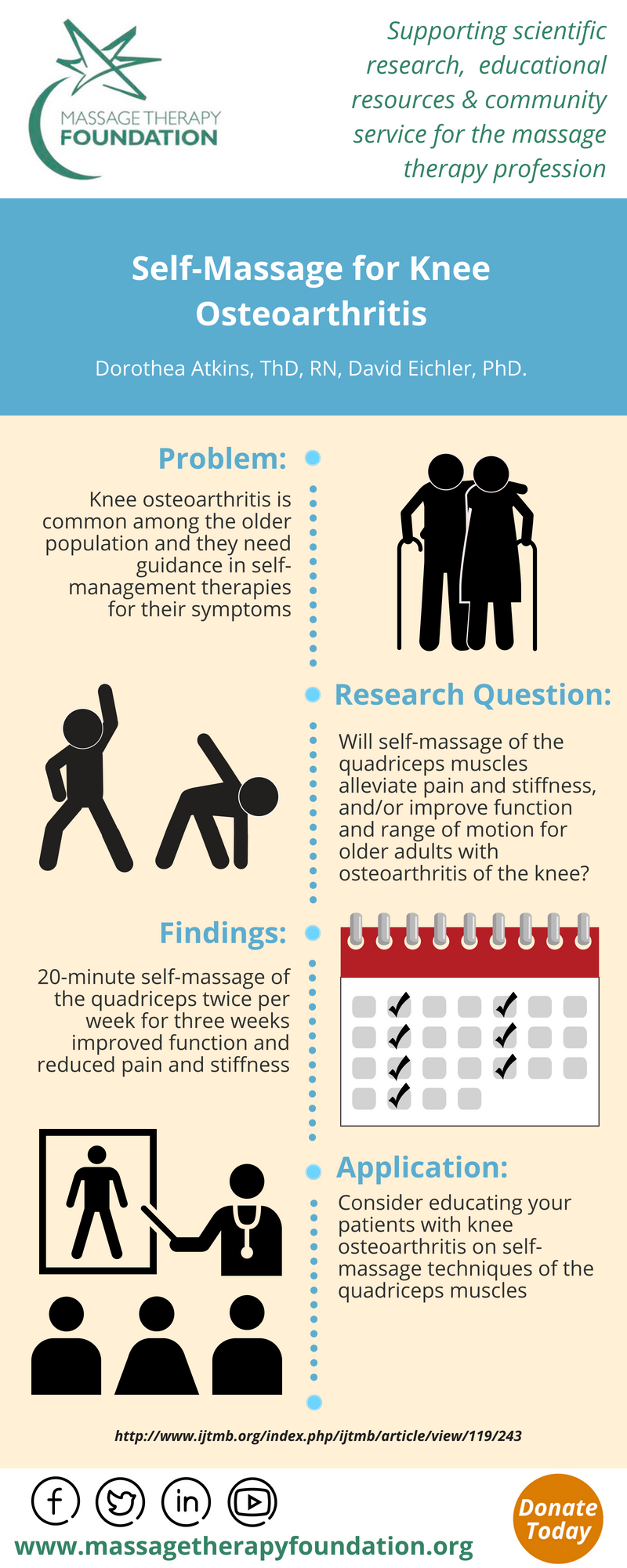The Role Of Parents In The Child Counseling Process: Do's And Do N'ts

Authored By-Mullins Herskind
As a parent, your involvement in the child counseling process is crucial. You can create a safe room for your child to share their sensations and ideas. Fort Worth ADHD Support Support For Spouses Insurance Coverage is necessary to interact freely, but you likewise need to understand when to go back. Stabilizing support and freedom can be tricky. Recognizing the do's and do n'ts of your role can considerably affect your child's experience. So, what should you focus on to make certain a positive end result?
Recognizing Your child's Demands and Emotions
Understanding your child's requirements and emotions is vital, particularly when they're navigating complicated sensations. You intend to create a setting where they feel risk-free to express themselves.
Pay attention to their body movement and tone; these can expose unmentioned ideas. Urge them to share their sensations, even if they have a hard time to locate the right words. Acknowledge their feelings without judgment-- this validates their experiences and fosters depend on.
Remember, youngsters often don't understand just how to verbalize what they're feeling, so patience is key. Be https://www.additudemag.com/adhd-medications-for-children/ in observing modifications in habits or mood, as these can indicate underlying issues.
Interacting Efficiently With Your child and Counselor
Efficient interaction with your child and their counselor is vital for cultivating an encouraging atmosphere. Begin by encouraging open discussion in the house. Ask your child about their counseling sessions without pushing them for information. Program interest in their sensations and thoughts, strengthening that it's okay to share and share emotions.
When you meet the therapist, be straightforward regarding your concerns and monitorings. Share any type of adjustments you've discovered in your child's behavior, and pay attention attentively to the therapist's understandings. This collaboration assists develop a regular method to your child's requirements.
Recognizing When to Go Back and Enable Independence
While it's natural to wish to be associated with your child's trip with counseling, knowing when to step back and let them navigate their own path is important.
Motivate your child to express their ideas and feelings separately, which promotes individual development and strength. Trust the counselor to direct your child, allowing them to construct a safe space for exploration.
You can support their autonomy by avoiding overanalyzing sessions or pressuring them to share every detail. Instead, focus on producing a nurturing atmosphere in your home where they feel comfortable reviewing their experiences on their terms.
Final thought
In conclusion, your participation in your child's therapy journey is crucial, but discovering the right balance is essential. Urge them to share their sensations while appreciating their room and the therapist's role. Rely on the procedure and prevent spying for information, as this can suppress their openness. By fostering self-reliance and keeping open interaction, you can reinforce your bond and support your child's psychological growth throughout this essential experience.

